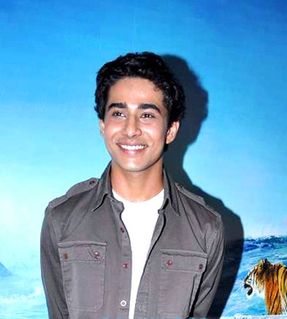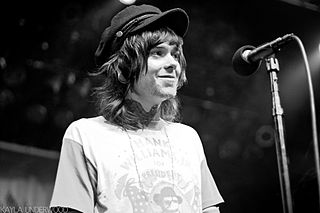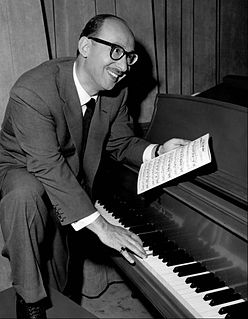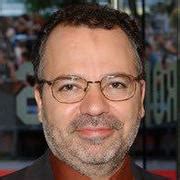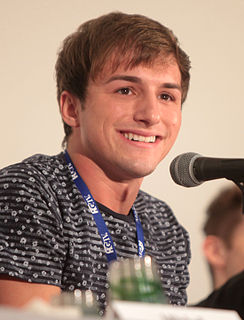A Quote by Shekhar Kapur
Related Quotes
So . . . middle school? Awkward.Having a hobby that's different from everyone else's? Awkward. Singing the national anthem on weekends instead of going to sleepovers? More awkward. Braces? Awkward. Gain a lot of weight before you hit the growth spurt? Awkward. Frizzy hair, don't embrace the curls yet? Awkward. Try to straighten it? Awkward!So many phases!
Film’s thought of as a director’s medium because the director creates the end product that appears on the screen. It’s that stupid auteur theory again, that the director is the author of the film. But what does the director shoot-the telephone book? Writers became much more important when sound came in, but they’ve had to put up a valiant fight to get the credit they deserve.
I'll remember this to my grave. We all walked into a room to see the screen tests. The first screen test was Marion Hutton's. Then came Janis Paige [who ended up with a part in the film]. Then on the screen came Doris Day. I can only tell you, the screen just exploded. There was absolutely no question. A great star was born and the rest is history.
I feel like my job as a storyteller and director is to create an experience where the audience forgets they're in a cinema and can get lost in the story. Things popping out of the screen call attention to the artifice of what you're doing, so I use 3D as more of a window into a world behind the screen.

